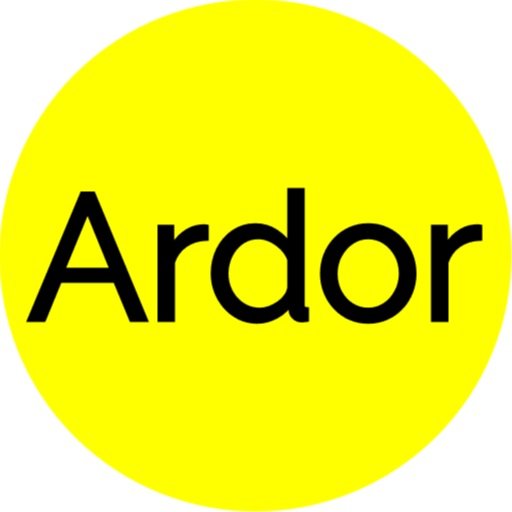Five Things to Consider When Insulating Your Home (Or Attic)
According to HSA, up to 25% of a home's heat loss occurs through the attic if it's not properly insulated. Ensuring your home is well-insulated is essential for comfort and reducing energy bills. So what insulation best practices should you follow?
Join us as we look at 5 important factors you should consider when insulating your home or attic, as well as the importance of working with residential insulation contractors!
1. Understand Your Home's Insulation Needs
Before starting any insulation project, it's important to assess your home's current insulation situation. There are three main areas you should consider:
Attics and crawl spaces
Walls and floors
Windows and doors
Attics and Crawl Spaces
Attics and crawl spaces are common sources of energy loss. Proper insulation in these areas can significantly reduce heating and cooling costs.
Walls and Floors
Insulating walls and floors can help maintain indoor temperature. This can be more significant in older homes with less efficient insulation.
Windows and Doors
Check around windows and doors for gaps or leaks. While insulation might not directly apply here, sealing drafts can enhance the effectiveness of insulation elsewhere.
2. Choose the Right Insulation Material
Fiberglass is a popular choice for both attics and walls. It's cost-effective and offers good thermal resistance.
Made from recycled paper, cellulose is an eco-friendly option that's effective at reducing air leaks. It's often used in attics and can be blown into wall cavities for added insulation.
Spray foam insulation expands to fill spaces, creating an airtight seal. It's ideal for hard-to-reach areas and provides excellent thermal resistance, but it's usually more expensive.
3. Professional Installation vs. DIY
When deciding whether to install insulation yourself or hire residential insulation contractors, there are a few key factors to think about.
Hiring professional residential insulation contractors can ensure that the job is done correctly the first time. Contractors have experience with different types of insulation and know how to install them properly to avoid gaps or mistakes.
While DIY projects might save money upfront, improper installation could lead to costly problems later, such as air leaks or poor insulation coverage. Professional installation can often provide better long-term savings by improving energy efficiency and reducing energy bills.
4. Check for Air Leaks and Seal Them
Before insulating your home or attic, it's important to identify and seal any air leaks. Even the best insulation won't work effectively if air is escaping through cracks or gaps. Common areas where leaks occur include windows, doors, and around electrical outlets.
Sealing these leaks can significantly improve energy efficiency and reduce energy bills. Weatherstripping, caulking, and other sealing methods are simple ways to stop air from escaping.
5. Long-Term Benefits of Energy-Efficient Insulation
Proper insulation helps maintain consistent indoor temperatures, reducing the need for constant heating or cooling. It not only cuts costs but also extends the lifespan of your heating and cooling systems. Additionally, homes with high-quality insulation often see an increase in resale value.
Residential Insulation Contractors
Proper insulation is key to creating a more energy-efficient and comfortable home.
At Ardor Construction, we've spent over 20 years helping Hudson Valley homeowners build eco-friendly, energy-efficient spaces. Our team specializes in insulation, air sealing, and high-performance HVAC systems, ensuring sustainable living.
Get in touch today to see how residential insulation contractors can help with your attic!
We are committed to providing energy-efficient, eco-friendly solutions tailored to your unique requirements.





